Guidence on Litigation for Foreign Companies
How to bring litigation by a foreign company in China?
1. Question: we are a foreign company, and have disputes on sales of contract with Chinese Mainland Company. There is no arbitration clause in our contract. Where should we bring litigation against the Chinese Company?
Answer: Generally speaking, you case should be under the jurisdiction of the competent court of defendant's venue, the competent people's court of the first instance of civil and business case is as follows,
1) Economic and technology development zone people's court established under the approval of the State Council;
2) Intermediate people's court in the capitals, autonomous region capitals and municipalities.
3) Intermediate people's court in the special economic zone, cities with economic planing directly supervised by the State Council.
4) Intermediate people's court appointed by the high court.
5) The high court.
2. Question: what materials should we prepare and what points should we pay special attention to in order to filing a lawsuit?
Answer: The foreign company should prepare the following document, 1) the original of "Civil Complaint"; 2) the original of "Power of Attorney"; 3) the original of "Certificate of Legal Representative". These three documents usually are drafted by the appointed lawyer, then sent to the foreign company for signing and chopping; 4) the copy of "Business License"; 5) all the evidences related to the case.
Special noted: regarding the documents 1), the people's court usually require it should be physically and originally signed and shopped by the company's competent staff ( copies, faxes and scanning items would be rejected ), even signed by the appointed lawyer would be rejected by the court. Concerning the documents 2), 3), 4), 5), the foreign company should apply for notarization in its own country, and then authentication in the Chinese embassy or the consulate seated in the country.
3. Question: Since we already have cooperated lawyers in our country, can we appoint our lawyers to carry out our case in China?
Answer: No, you can't. In the event of a foreign company wants to file a lawsuit in China, the foreign company has to appoint the Chinese lawyer rather than a foreign lawyer to act as it agent.
4. Question: what kind of charges, costs and expenditures may occur when we are proceeding a lawsuit in China, for example, claim amount of RMB100,000 (RMB One Hundred Thousand Yuan), which is equal to US Dollars15,151 (USD100=RMB660)
Answer: the possible charges and expenditures include as follows,
1) Retainer, for employment of a Chinese lawyer.
2) Notarization fee and authentication fee, when the foreign company applying for notarization and authentication, it will pay such fees.
3) Translation fee, only the Chinese version documents can be accepted by the people's court, therefore, the foreign company should appoint a Chinese translation company to do it and pay the translation fee. It is about USD30 per 1000 Chinese Charactors.
4) Court cost. In the China, the court cost is advanced by the plaintiff. When the judgment is produced, it will decide such cost is to be borne by the lose party or how much is distributed by each parties. Therefore, in the event a foreign company files a lawsuit in the China, it should advance the court cost. According to the claim amount of international business dispute, the plaintiff should advance the court fee as the follows,
Claim Amount (CA) | Fee(rate) | Fast arithmetic |
CA≤ 10, 000 | 50 per unit | 50 per unit |
10, 000>CA≥100, 000 | 2.5% | CA×0.025-200 |
100, 000>CA≥200, 000 | 2% | CA×0.02+300 |
200, 000>CA≥500, 000 | 1.5% | CA×0.015+1300 |
500, 000>CA≥1, 000, 000 | 1% | CA×0.01+3800 |
1, 000, 000>CA≥2, 000, 000 | 0.9% | CA×0.009+4800 |
2, 000, 000>CA≥5, 000, 000 | 0.8% | CA×0.008+6800 |
5, 000, 000>CA≥10, 000, 000 | 0.7% | CA×0.007+11800 |
10, 000, 000>CA≥20, 000, 000 | 0.6% | CA×0.006+21800 |
CA>20, 000, 000 | 0.5% | CA×0.005+41800 |
For example, in the event of the claim mount is RMB100, 000 Yuan, which is equal to US Dollars15,151 (USD100=RMB660), the plaintiff should advance court fee: 100, 000*0.025-200=RMB2300, equal to USD348.49.
5) Other possible cost, such as application fee for applying for the evidence preservation to the court.
5. Question: Can you introduce the Chinese judicial system in China briefly?
Answer: In deciding cases, the Chinese court follow the system whereby the second instance is the court of last instance. In the event the party is not satisfied with the judgment made by the first instance court, he can appeal to the higher court accordingly within a stipulated period. After the review of the second instance, the judgment produced by the people's court is final and bond, upon the party receiving the judgment, it takes effect immediately. That is to say, usually, one case comes to an end after trial of two instances at most. Of course, the judgment will take effect provided neither party appeals within the stipulated period.
6. Question: We want to apply for freezing the other party's bank account to the court, but we are not sure the court will approve or not, if possible, what kind of procedures should we take?
Answer: The applicant can apply for the court to freeze the other party's bank account. This is one measure of the "Property Conservation"(PC) mechanism provided by the Chinese law. The PC measures also include seizure and detainment to the property related to the case. By applying for the action of PC, the applicant can prevent the opposite party from making the judgment not forcible by transferring or hiding its property, or going bankruptcy, consequently, the action of PC can protect the applicant's benefits and interest ultimately. The applicant can put forward the PC application either before the litigation or during the litigation, the applicant has to present the following documents to the court,
1) A writing application for PC, the court requirements is the same with the "Civil Complaint".
2) The documents proving the qualification of the applicant, which include the copy of "Business License", the original "Certificate of Legal Representative" and the original "Power of Attorney", these documents also should be notarized and authenticated.
3) The information of the opposite applicant and the property clues. it may include but not limited to the company's full name, the address and the bank account of the opposite applicant, also the property information etc.
4) In the event of PC during the litigation, the judge is entitled to require the applicant provide warranty according to the circumstances of the case; but in the event of PC during the litigation, considering the litigation is not commence, the court's review will be stricter. Firstly, the applicant must convince the judge that an irreparable loss will be resulted if the court doesn't take the action of PC; second, the judge will almost require the applicant to provide warranty in order to counter guarantee the opposite applicant from possible damage owing to the action of PC. Furthermore, the court will normally accept the warranty only in cash at 100% of the claim amount.
Upon receiving the aforesaid documents, the judge will review them. If deeming the documents is adequate and qualified, the judge will approve the application, or else, the judge will usually give the reason of rejection or requiring for complementing of documents. After the completion of implementation of the litigation, the court will refund the guaranty to the applicant as long as no damage resulted to the opposite applicant.
7. Question: Supposing we won the litigation but the loser won't pay, what should we do?
Answer: After a certain period of effectiveness of the judgment, usually it is ten days, if the losing side won't perform the judgment, the successful party can apply the court whereby the target property located for implementing the judgment. In the event of having applied for an action of PC successfully, the successful party can apply the court for directly implementing the conserved property.
8. Question: How long does a whole litigation take approximately?
Answer: There is no clear provision on the trial period and enforcement period for a foreign litigation in our current laws and regulations. According to our experiences, if the proceedings goes smoothly, the first instance takes six months, if there is appeal, the second instance takes three to six months, after the effectiveness of the judgment, the enforcement proceedings takes two or three months. But in the event of the case is more complicated, and/or many disputed issues arise in the case, and/or too many case are going on in the court, the litigation may take longer.
相关内容
-
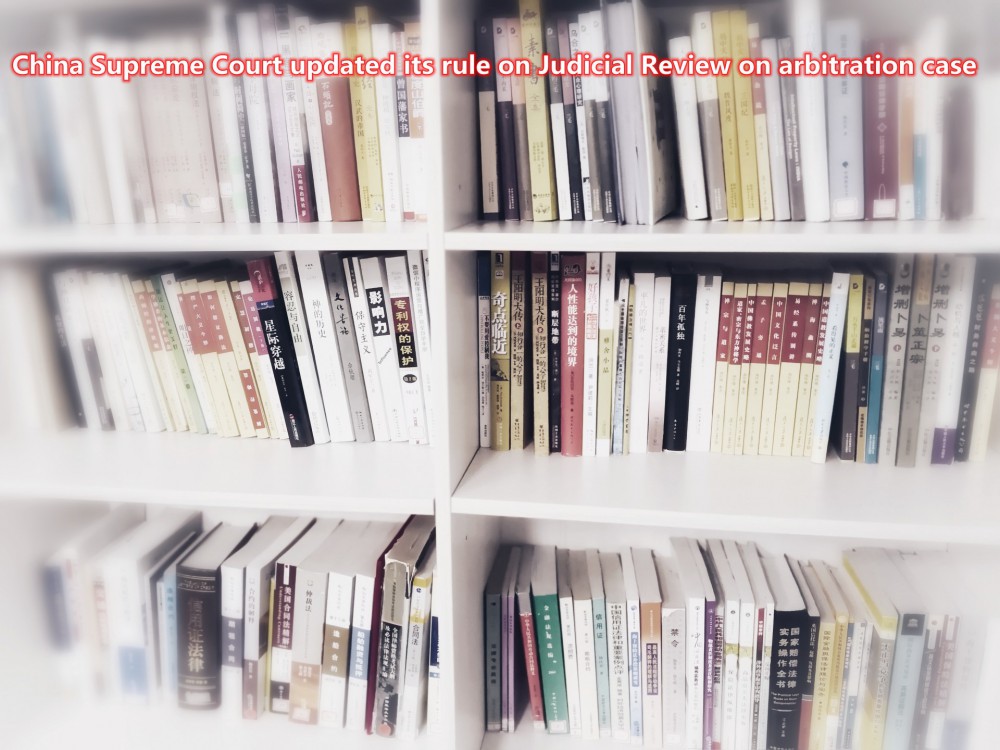 详情
详情China Supreme Court updated its rule on Judicial Review on arbitration case
China Supreme Court updated its rule on Judicial Review on arbitration case The rule was approved on Nov 20, 2017 firstly and revised on Nov 15, 2021. The updated rule will come into effectiveness on Jan 1, 2022.1.The types of cases for judicial review on arbitration includes the follow
-
 详情
详情How to apply for Non-criminal Certificate by the foreigners who ever lived in China ?
Aforeignerwho had continuously lived in China forover6 months,mayapply for the Non-criminal Certificate in China. Generally speakingthe following documents willbe requiredfor the applicaiton,1.Temporary Accommodation Registratio
-
 详情
详情An Introduction About The Transnational Divorce in U.K
With the continuous expansion of our foreign-related business, we have received more and more inquiries about transnational marriage cases.Recently,forthe purpose of solvinga transnationalBritish divorce case, we conductedadeepcommunicationwith a
-
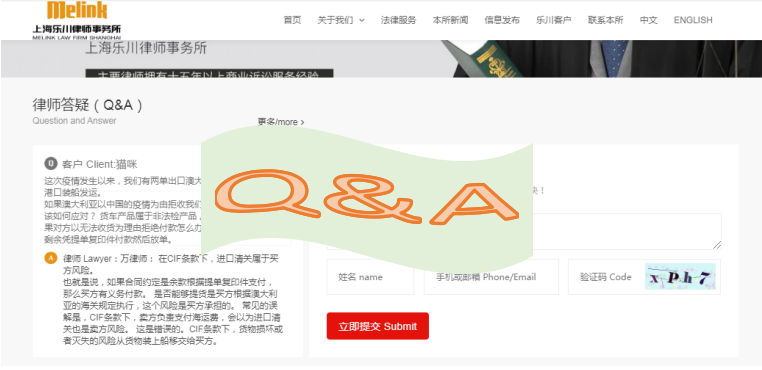 详情
详情The "Q & A" section of the official website and wechat public account of Melink Law Firm is online now!
Today “Q&A”section is public launchedon the public website and wechat public accountof Melink Law Firm!In order to let you use this function betterIn order to help you solve legal problems betterNow let me introduce how to use the function of “Q&A”INQUIRE ON THE PUBLIC WEBSIT
-
 详情
详情Correct Jurisdiction Decides the Success or Failure of A Case
Introduction:A computer software license contract dispute was eventually withdrawn after encountering various obstacles. The key to winning this lawsuit is how to correctly submit a jurisdiction objection.Facts:1.Computer software license contract dispute. Company A and Company B signe
-
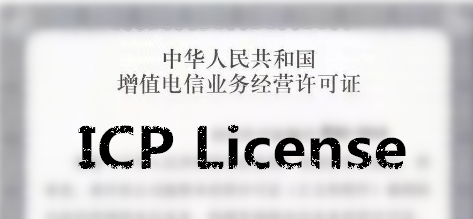 详情
详情ICP License guarantees the legality of Internet operations
With the rapaid development of the Internet, more and more global transactions are carried out through the network platform. In orderto operate legally under the Internet, many enterprises will be required to apply for ICP license, so what is ICP and which companies need to applyit?In re
-
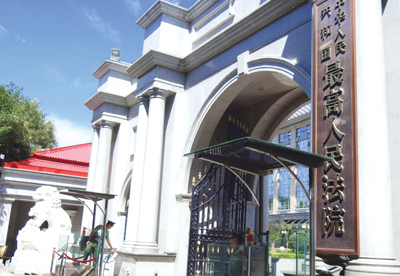 详情
详情Guidence on Litigation for Foreign Companies
HowtobringlitigationbyaforeigncompanyinChina?1.Question:weareaforeigncompany,andhavedisputesonsalesofcontractwithChineseMainlandCompany.Th
-
 详情
详情Regulations on the Prepaid Consumption Card for Single-purpose in Shanghai and the Relevant Implementation Measures
Regulations on the Prepaid Consumption Card for Single-purpose in Shanghai and the Relevant Implementation MeasuresIn recent years, the prepaid card complaints related to the news is not uncommon, consumers recharge "highprice" beauty cards butwas deceived, bought r
-
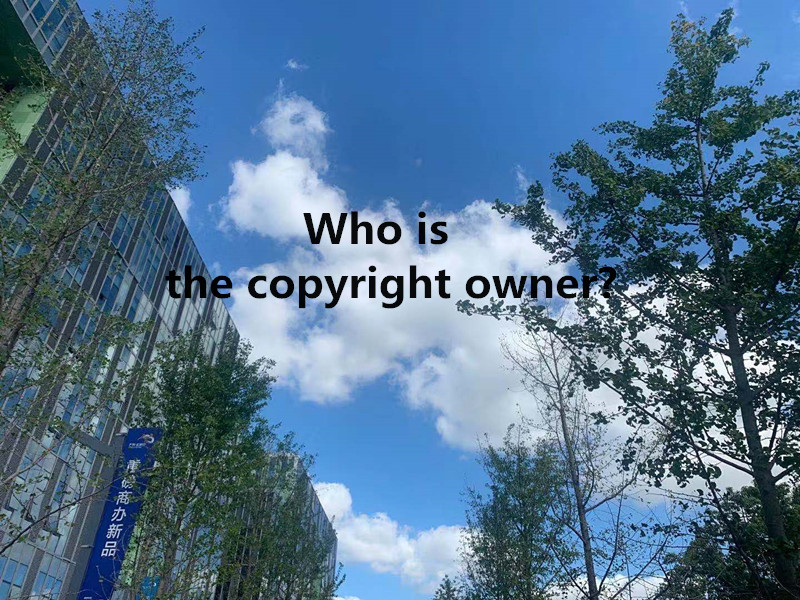 详情
详情Computer software copyright ownership issues
With the decreasing development of the Internet, more and more Mini-Programs, APPs emerges as the times require. A practical computer software will bring unpredictable profits to developer, but the cost of copying computer software is low and it is also easy to ben stolen by others,then investors lo
-
 详情
详情Legal remedy for foreigners in Criminal cases in China
With the process of global economic integration, more and more foreigners come to China to work and live.However, foreign misconduct in daily life and business activities has caused some criminal risks because of strangers to Chinese law. As the number of such cases increases, we also feel that it i
-
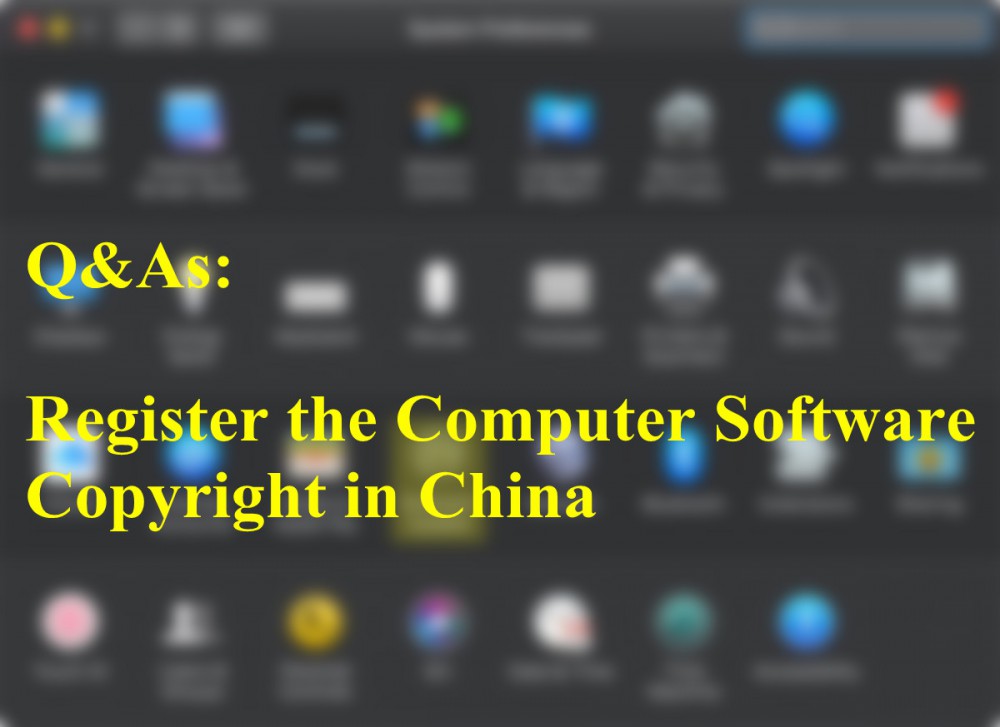 详情
详情Q&As: Register the Computer Software Copyright in China
Q: Where is the registration authority for computer software copyright registration in China?
-
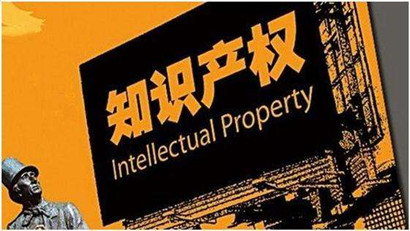 详情
详情Which court to find in Shanghai about intellectual property dispute?
Recently, Melink Law Firm received a client commission, acting for a computer software copyright dispute case. For this case, which court is in charge is the first problem to be solved. Due to the complexity of the jurisdictional links between various disputes relating to intellectual property rights, the intersection of entity and procedural issues, and the fragmented provisions on the jurisdiction of intellectual property dispute cases in various regions, especially foreign-related cases. Therefore, understanding the jurisdiction of such cases is the primary task to undertake such cases. If the court is incorrectly positioned, the plaintiff may be challenged by the defendant, and the duration of the entire case will be extended, the damage will continue to expand. As a defendant, if the court is not found to have no jurisdiction in a timely manner, the right to challenge will be lost once entry into the proceedings.
